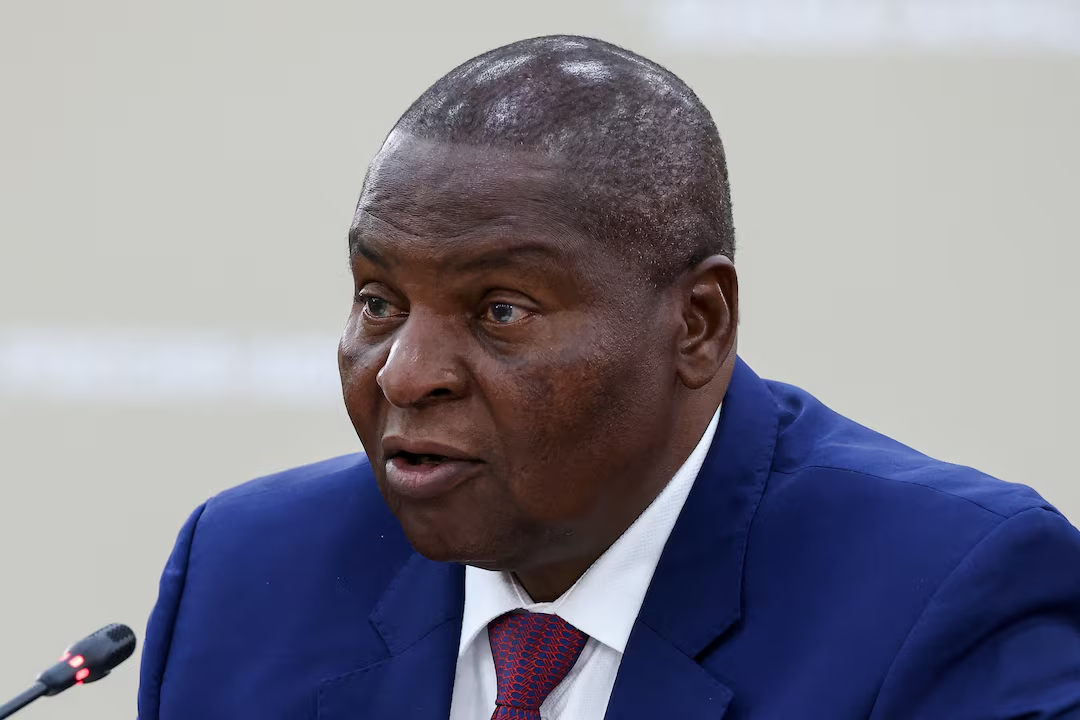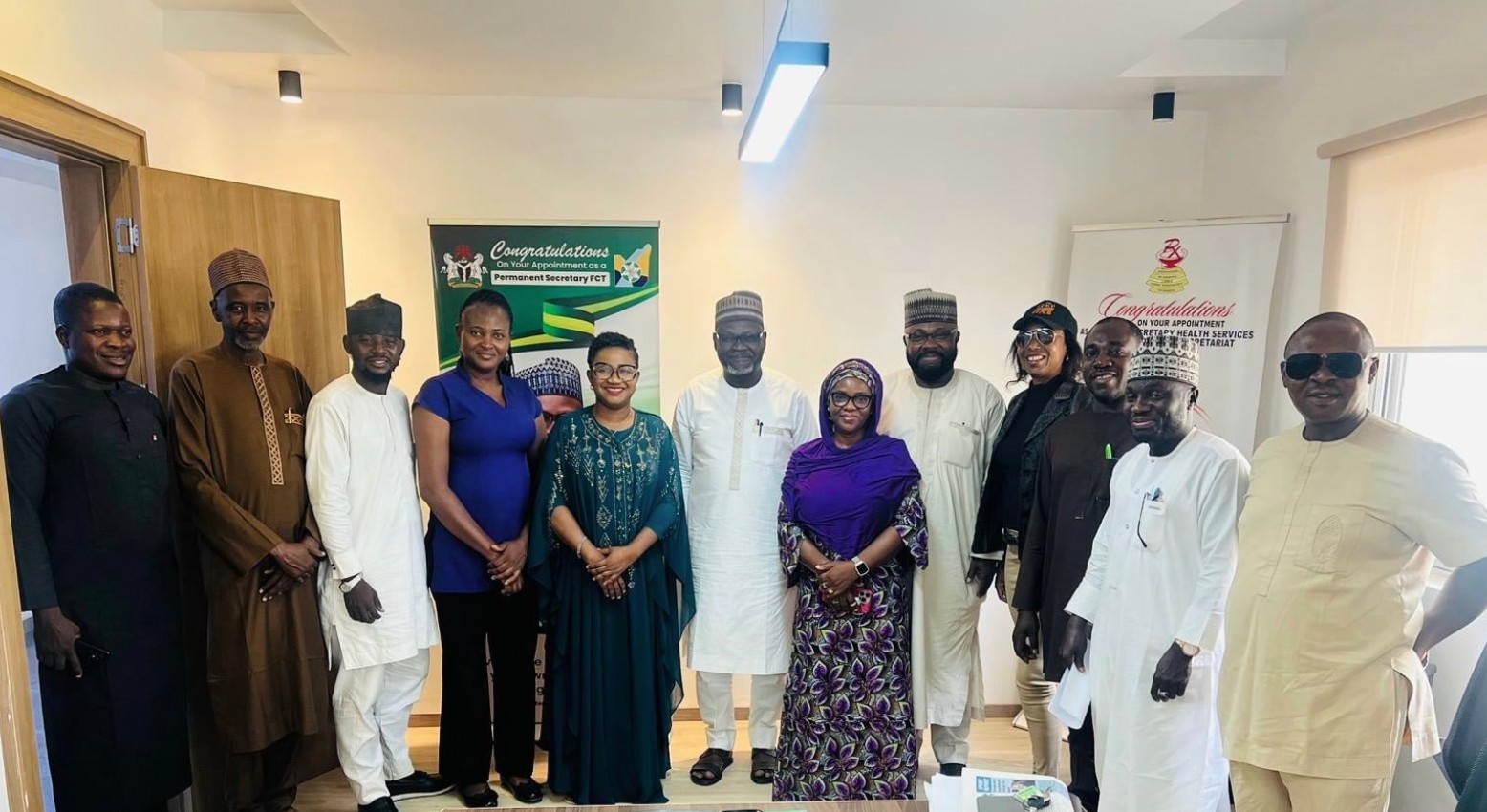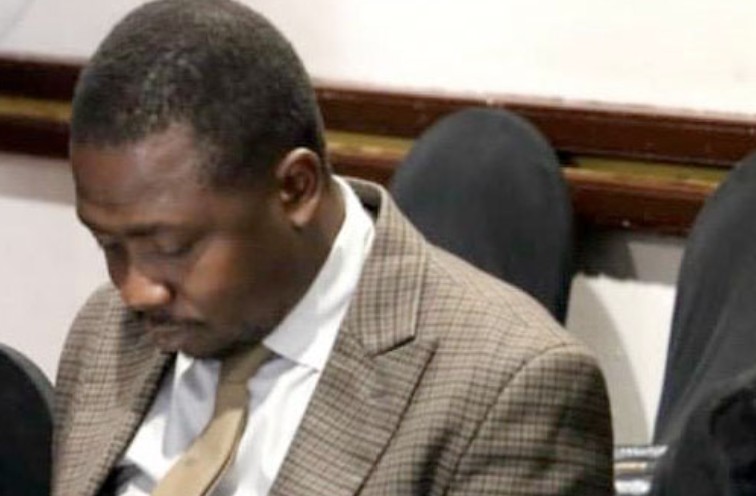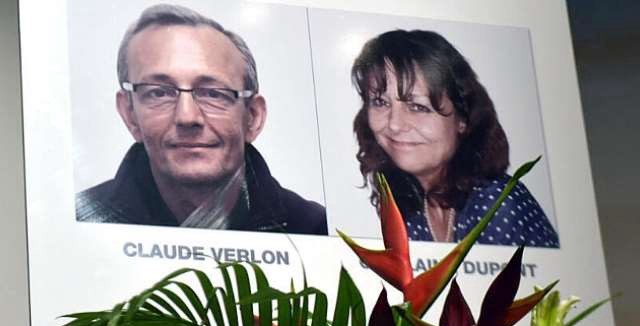
Over 300 Editorial Jobs at Risk in Major Reach plc Restructure
September 10, 2025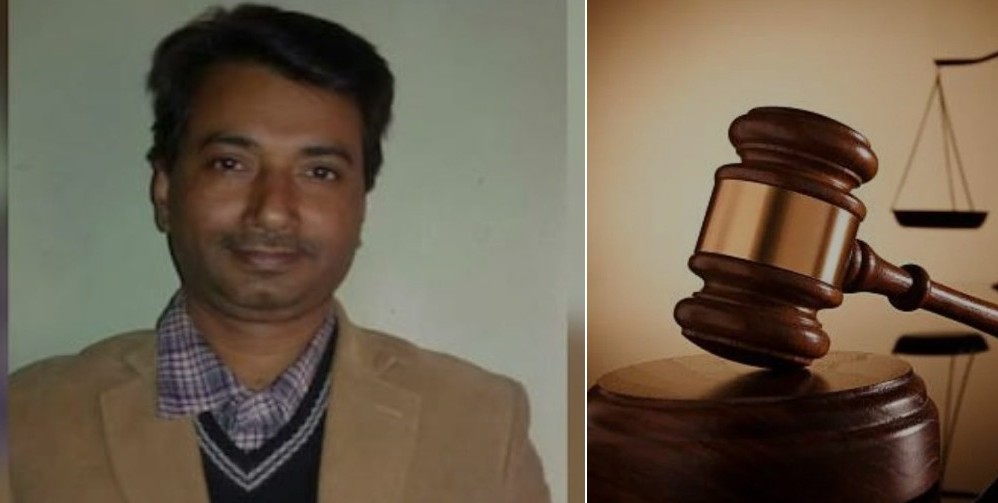
Nine Years Later: CBI Court Set to Sentence Convicted in Siwan Journalist Rajdev Ranjan Murder Case
September 10, 2025September 10, 2025 – Gabon –
Reporters Without Borders (RSF) recently travelled to Libreville to meet with President Brice Clotaire Oligui Nguema and government ministers to assess progress and propose reforms for press freedom in Gabon. Since President Nguema took office in August 2023, Gabon’s ranking in the RSF World Press Freedom Index has improved dramatically—jumping 80 places, from 121st in 2020 to 41st in 2025.
During the meeting on 9 September, RSF’s delegation—led by Director General Thibaut Bruttin and Sub-Saharan Africa Director Sadibou Marong—commended Gabon’s recent advances. These include better conditions for journalists, the return of exiled media workers, and public commitments by President Nguema to allow the media “to do its job.” The President emphasized that journalists were free, asserting “You are free,” while urging professionalism, noting that “the eye that has seen does not lie.”
Despite progress, several obstacles to full media freedom remain. Journalists continue to face summonses from security or intelligence agencies—at least four such instances so far this year. Access to official sources remains limited. The regulatory body, the High Authority for Communication (HAC), is under-resourced. Some articles in the Communication Code are considered vague and potentially suppressive. Public funding for media is also weak and opaque in its allocation.
RSF presented a set of concrete recommendations to strengthen the freedom of the press:
- Remind judges and security services that press offences should be governed by the Communication Code rather than the Criminal Code.
- Revise the ambiguous provisions of the Communication Code to prevent misuse against journalists.
- Increase the budget for HAC so it can more effectively oversee media regulation.
- Improve transparency around public aid to media (such as state advertising and legal notices), possibly involving evaluation under the Journalism Trust Initiative, and consider measures like reduced tax burdens for media outlets.
The meeting also included media figures such as the president of the local branch of the International Union of the Francophone Press, publishers of major newspapers, directors of online news sites, and leadership from national television. All expressed support for further reforms.
RSF views Gabon as having significant potential to serve as a regional model for media freedom—if the proposed reforms are implemented, enabling sustainable, independent, and pluralistic journalism.
Reference –

